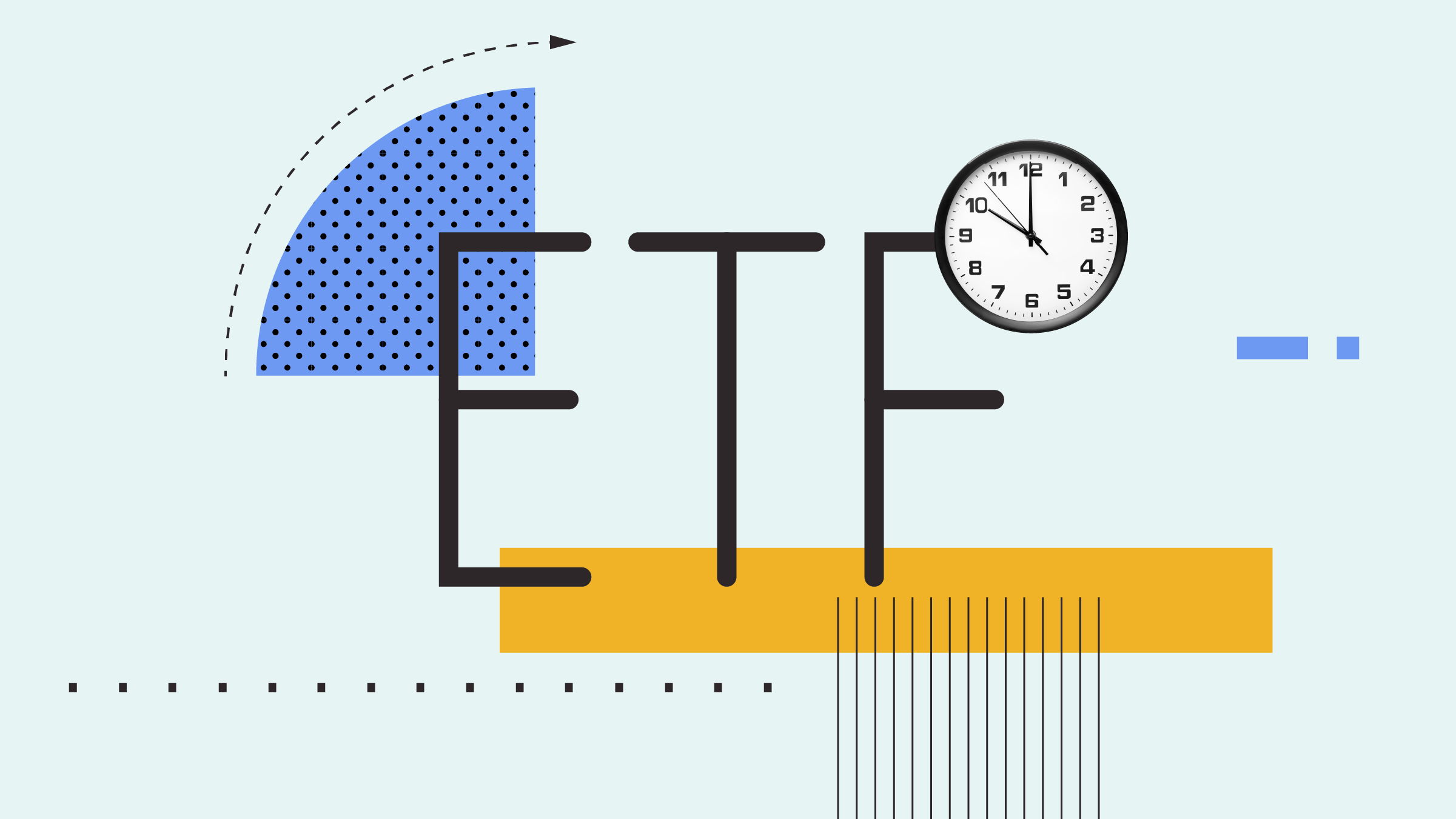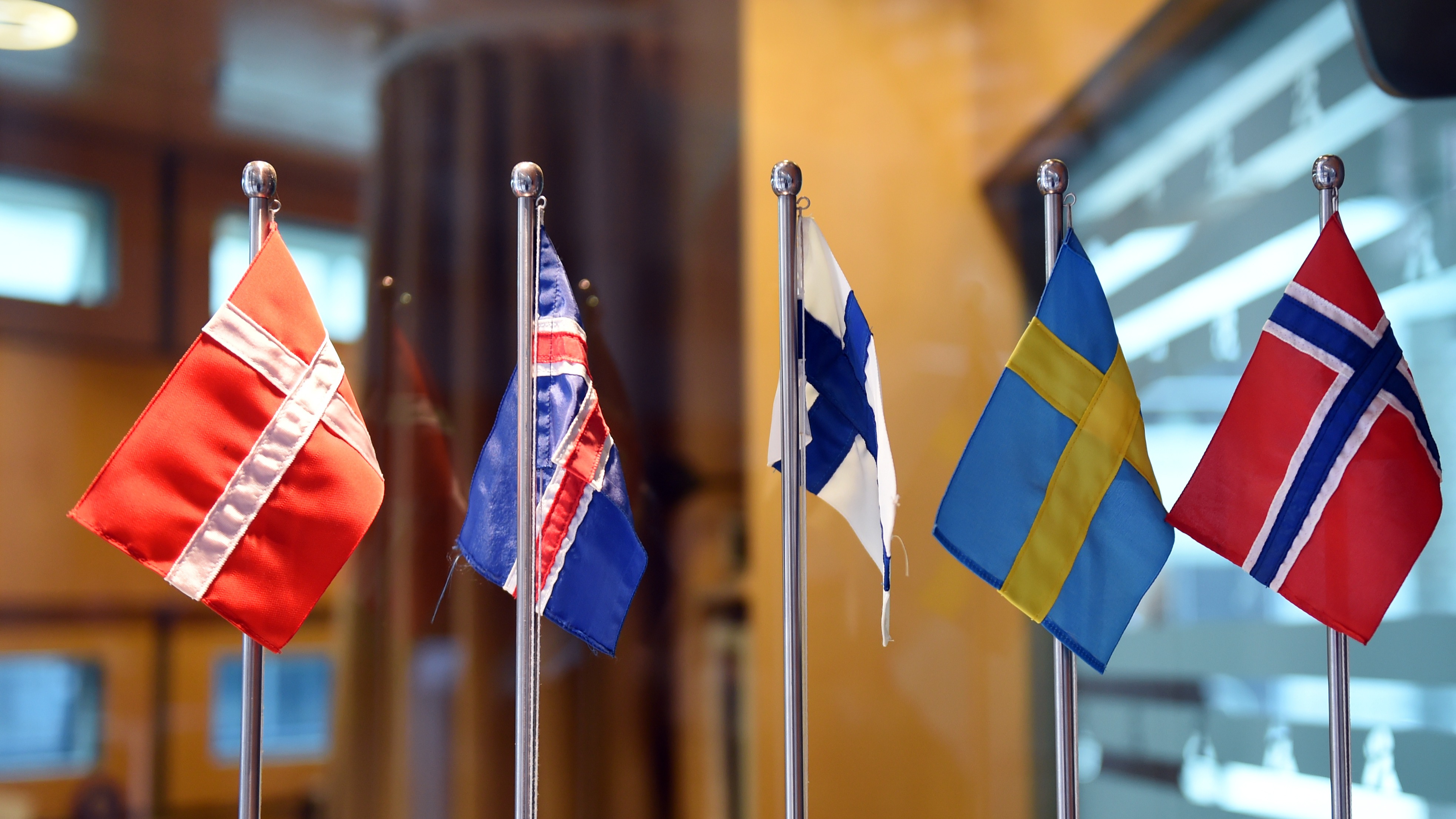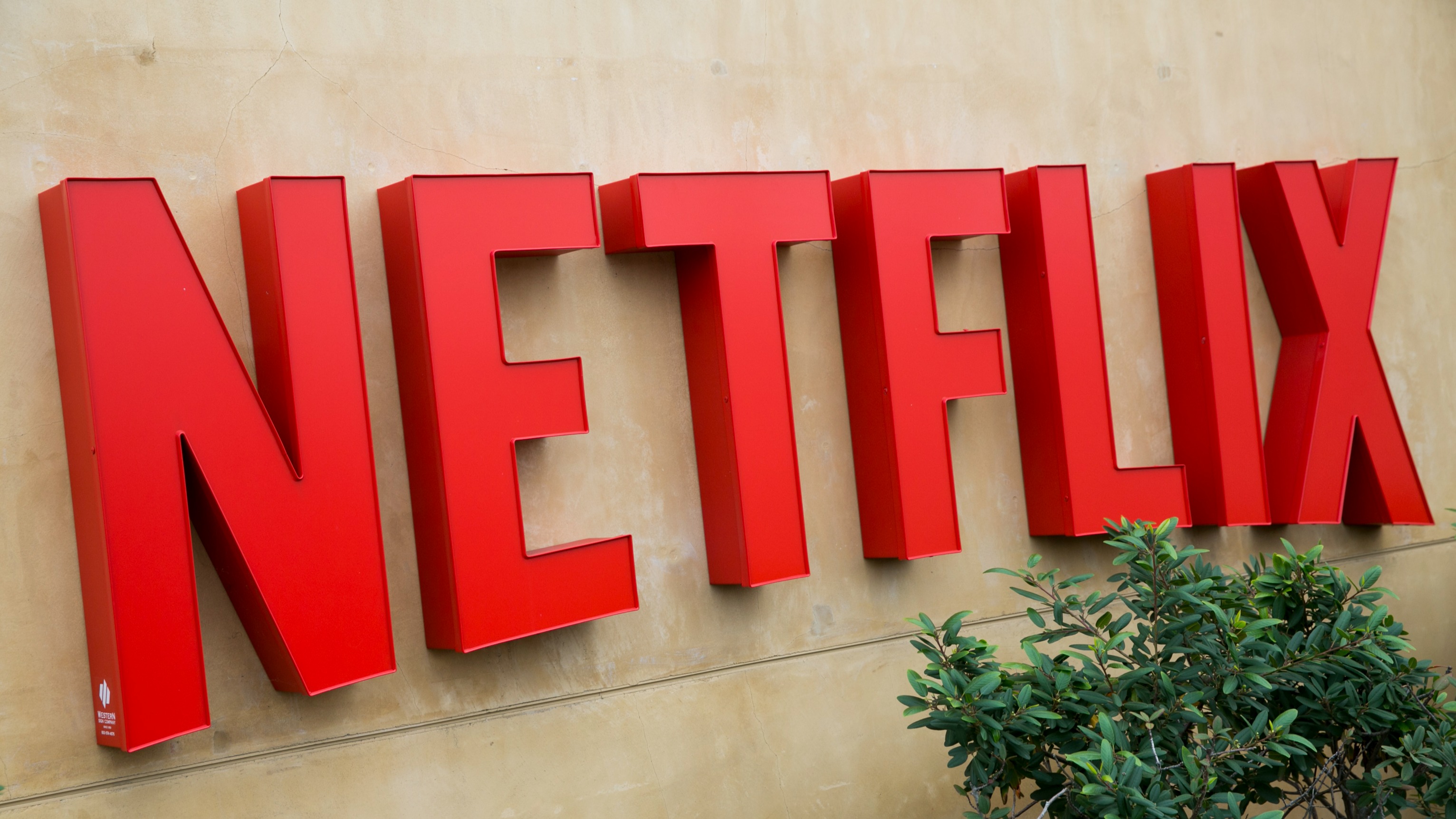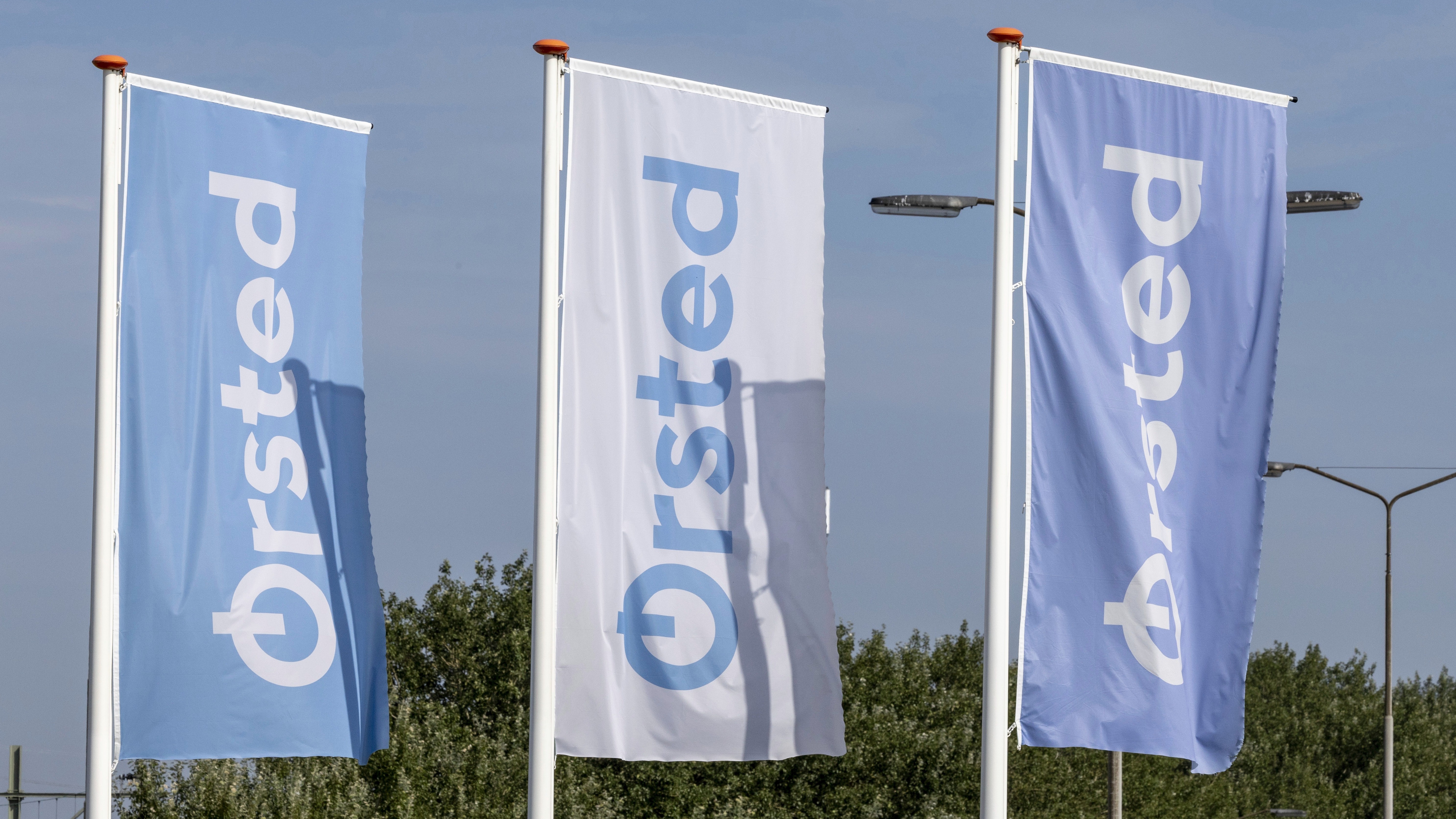Diageo (DGE) has sold some of its wine business to Australia's Treasury Wine Estates for £361 million. We are reiterating our fair value estimates for the ordinary shares of £20.50, respectively.

We think this trimming of the portfolio is an appropriate strategy and should create cost reduction within the core portfolio

This transaction has little impact on Diageo's wide economic moat, although we think the portfolio-focusing strategy should help to improve execution, and we would like to see continued rationalisation, possibly including the sale of the beer business. Diageo remains one of our best ideas in our global consumer staples coverage.
The sale of the US business Chateau & Estate Wines includes the Beaulieu Vineyard and Sterling Vineyards brands, and Percy Fox in the United Kingdom includes the Blossom Hill brand. The transaction value is not particularly favourable for Diageo.
In our estimates, the deal values at only around 1 times sales, much less than the 2.3 times sales at which Treasury Wine Estates itself is currently trading. We expect the deal to be essentially earnings neutral in fiscal 2016, and the size of the deal does not move the needle on our fair value estimate. The proceeds will help reduce leverage slightly to around 2.6 times net debt/EBITDA.
This transaction represents another step in Diageo's strategy of focusing on its core business. Wine is a fragmented and competitive business with much lower brand loyalty than spirits, and it is in spirits that Diageo's core competencies and competitive advantages lie. Its brand portfolio is a source of its wide economic moat, and with leading positions in some high-volume categories, Diageo's category captains help ensure primary shelf space, particularly in the off-trade.
Diageo recently also sold Gleneagles and exited joint ventures in the Caribbean and Asia in order to take greater control over subsidiaries in Africa. We think this trimming of the portfolio is an appropriate strategy and should create a sharper focus on execution and cost reduction within the core portfolio.
The disposal of the beer business, which represented 16% of Diageo's gross sales in 2014, would be a major step along the road in this strategy. We think the beer business, if efficiently integrated into the core business, should have a place in Diageo's portfolio. Beer is the entry point for alcohol consumption in emerging markets, and helps Diageo grow its points of sale.
However, under the current business structure, beer is managed almost as a separate business, and we do not believe that Diageo is optimising its leverage from its beer brands. In our view, the company should either integrate the beer business more closely or consider its disposal.
Diageo has a fairly strong presence in emerging markets, it is the number-two player in Nigeria, for example, with a 24% volume share. e believe its brands, which include Guinness and Harp, would be sought after by a number of brewers. With AB InBev and SABMiller likely to cement a merger in the coming months, rival brewers are likely to seek further consolidation, so now could be an opportune time for Diageo to maximise value from its beer business.





























